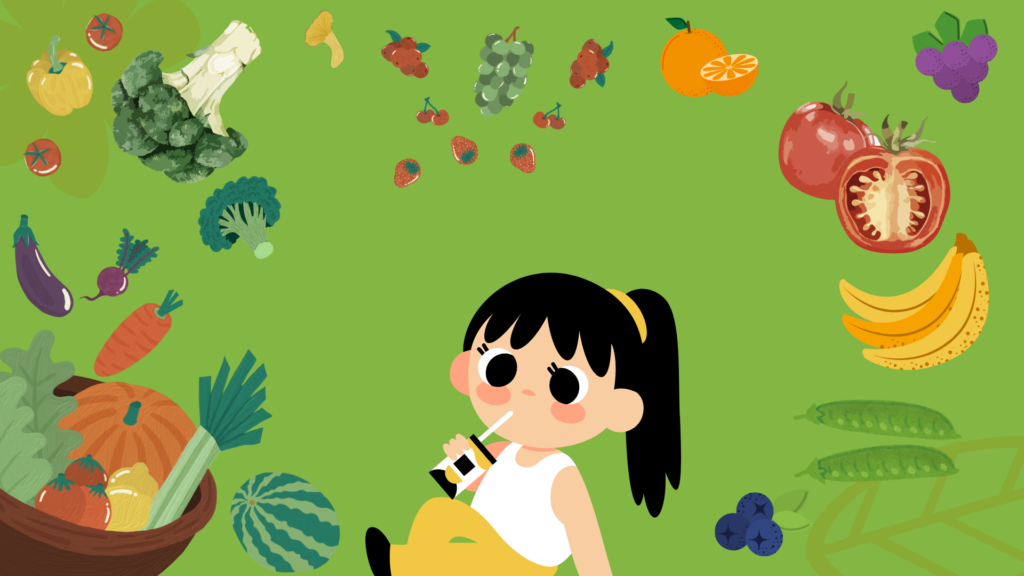|
Getting your Trinity Audio player ready...
|
Once iron-rich foods have been introduced, you can start offering vegetables and fruits to your baby. These foods are packed with vitamins, minerals, and fiber, and they introduce new flavors and textures to your baby’s diet.
Vegetables
You don’t need to puree vegetables. Instead, you can serve mashed cooked vegetables or small pieces of soft or cooked vegetables as finger foods. For safety tips on preparing vegetables to minimize choking risks, refer to the section on Food Choking Hazards.
Offer a variety of vegetables, such as:
- Broccoli
- Brussels sprouts
- Cabbage
- Carrots
- Cauliflower
- Green or yellow beans
- Parsnip
- Peas
- Squash
- Sweet potato
- Turnip
Use fresh or plain frozen vegetables, and wash fresh ones before preparation. Canned vegetables can also be used, but they often contain more sodium (salt). If using canned vegetables, rinse them before mashing to reduce sodium content. Opt for “no salt added” or “low sodium” options when available.
You can serve your baby the same vegetables prepared for the family, but avoid adding salt, sodium-rich seasonings, sauces, or condiments like dry soup mix, taco mix, garlic salt, soy sauce, or ketchup. Check product labels for sodium content.
It’s fine to use herbs and spices, but ensure any herb or spice mix is salt-free. Cook fresh or frozen vegetables until just tender, avoiding overcooking. Baking, steaming, or microwaving preserves the most nutrients. If boiling, use minimal water.
Caution: Avoid serving raw or undercooked sprouts (e.g., alfalfa, clover, radish, mung bean), as they may carry harmful bacteria.
Fruits
You don’t need to puree fruits. Offer soft mashed fruits or small pieces of soft fruits as finger foods. Refer to the Food Choking Hazards section for safe preparation tips.
Include a variety of fruits, such as:
- Apples
- Apricots
- Bananas
- Pears
- Grapes
- Kiwis
- Mangoes
- Oranges
- Peaches
- Strawberries
- Blueberries
Use fresh ripe fruits, unsweetened frozen fruits, or canned fruits packed in juice (not syrup). If canned fruits are packed in water, check the label for added artificial sweeteners, which are unnecessary for babies.
Wash fresh fruits before serving or cooking. For harder fruits like apples, wash, peel, and remove pits or seeds before cooking. Cook until just tender, then chop or mash.
Avoid adding sugar or sweeteners to fruits. Let your baby enjoy the natural taste of fruits.
What About Juice?
Avoid giving juice to your baby. Babies over six months get sufficient fluids from breastmilk and water. Even 100% fruit juice lacks the fiber found in whole fruits and adds unnecessary sugar. Juice can fill your baby up, reducing their intake of breastmilk and other nutritious foods. Excessive fruit juice may also cause diarrhea.



